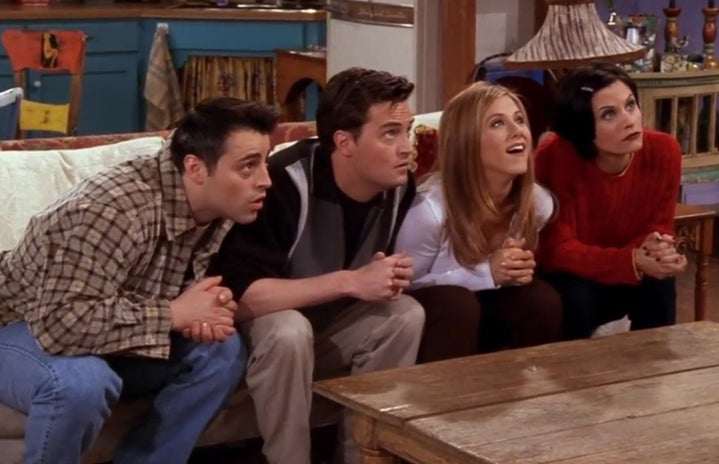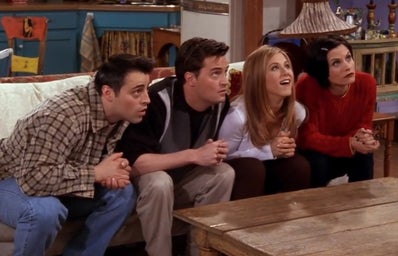When Harry Met Sally is arguably one of the most iconic romantic comedies to date, so iconic that many of today’s romantic comedies have seemingly recreated its premise. The plot follows a man and a woman developing a healthy, long-term friendship that ultimately evolves into a romantic relationship. This story sounds so familiar, maybe because movies like Sleeping With Other People, Set It Up, and Reality Bites follow virtually identical plotlines. A defining difference between When Harry Met Sally and these modern takes on heterosexual dynamics is that Harry Burns explicitly states his belief that “men and women can’t be friends, because the sex part always gets in the way.” It is unclear whether the film proves or debunks this theory, because while Harry and Sally’s friendship bears merit independent from romance or sex, this relationship is framed as a stepping stone to their eventual coupling. At face value, this appears to be a harmless theory posed by a man that had previously never had a meaningful relationship with a woman without sex being involved. However, the underlying assumption made in Harry’s hypothesis and perpetuated in romantic films, is that the women are first and foremost sexual opportunities.

Don’t get me wrong, When Harry Met Sally is one of my favourite movies, and I doubt that Nora Ephron or Rob Reiner shared Harry’s opinion. As a young girl watching the movie, I wasn’t too phased by Harry’s argument, and was even somewhat convinced. Today, though, it is strikingly short-sighted, especially given the context of the gender spectrum. Based on the hypothesis that heterosexual other-gender relationships are doomed to fail, would it not logically follow that it would be near impossible for bisexual or pansexual individuals to have meaningful friendships in general because they have potential sexual attraction to all/two genders? Obviously the answer is no, because relationships are not wholly dictated by their sexual urges. If it wasn’t already clear, this is where the logic behind “men and women can’t be friends” is faulty. This blanket statement not only disregards the complexity of gender and sexual orientation, but it completely undermines male agency. If a man has unreciprocated romantic feelings for a female friend, does this automatically mean that their relationship lacks any other merit?

Recently, I have found that the conceptualization of the “friend zone” has become more common than simply pointing out the tension that can exist in straight male-female friendships. While it isn’t uncommon for women to feel as though they have been caught in the friend zone, the woman’s response does not typically feature the same disappointment or entitlement that men often exhibit. The friend zone is a myth that perpetuates Harry’s sentiment, but is wrapped in a prettier, more subtle package. While it is completely fair to be disappointed when feelings aren’t reciprocated, by referring to a friendship as a “zone,” it is suggested that relationships with women are of less worth if sex is off the table. The bottom line is, the incessant questioning of male-female relationships is unnecessary and fundamentally misogynistic. Men have the agency to separate their friendships from sexual attraction, and women should be allowed to say ‘yes’ or ‘no’ to sexual advances without being reprimanded. David Slack, a television writer that became aware of a tweet referring to one of his characters as being in the friend zone, voiced his qualms about the concept more eloquently than I could: “[…] If you don’t value friendship with a woman, you don’t deserve anything beyond that anyway.”
Information obtained from:
https://www.vice.com/en/article/gv3k3j/the-friend-zone-isnt-a-thing-and-…
https://www.huffingtonpost.co.uk/entry/writer-nails-why-men-need-to-stop…


